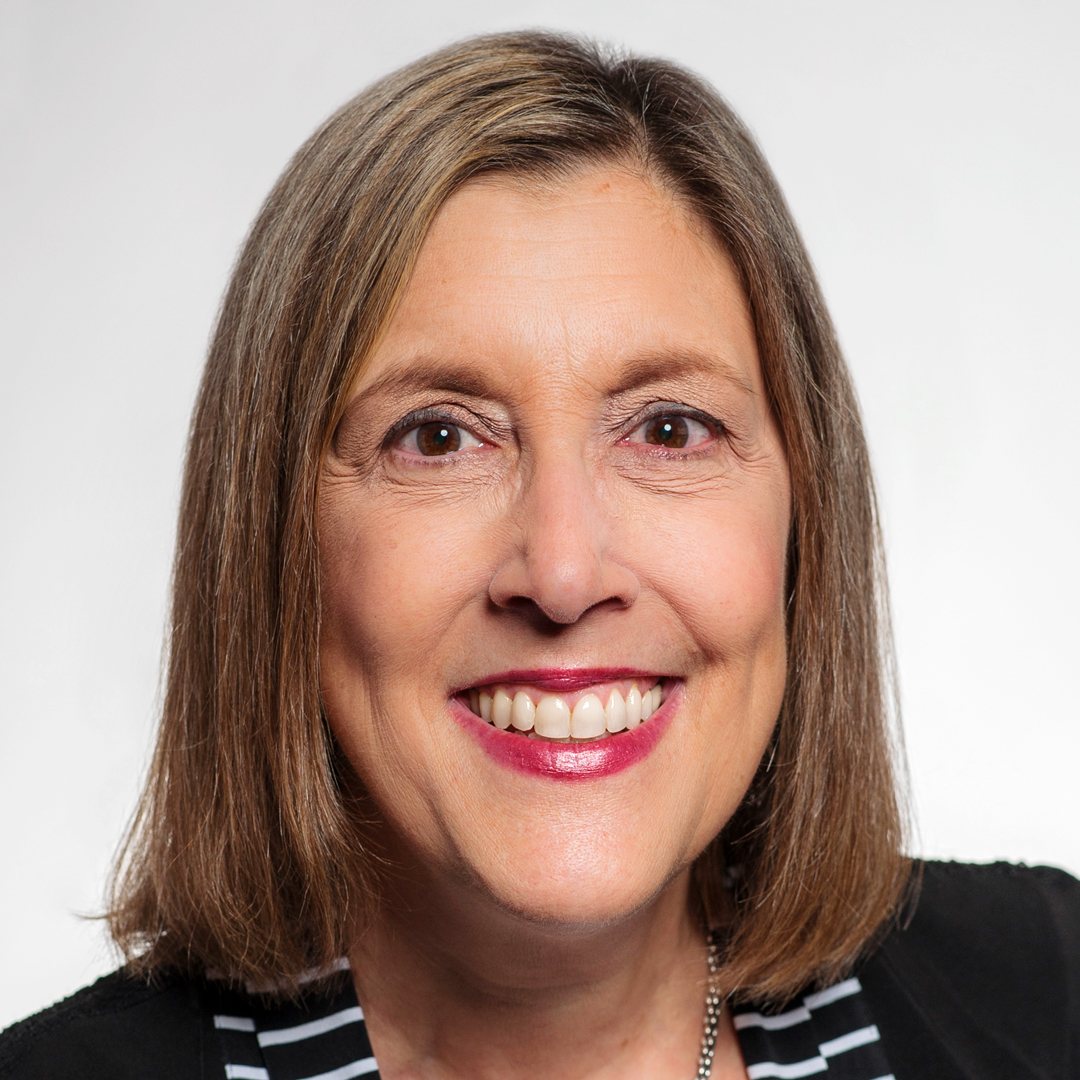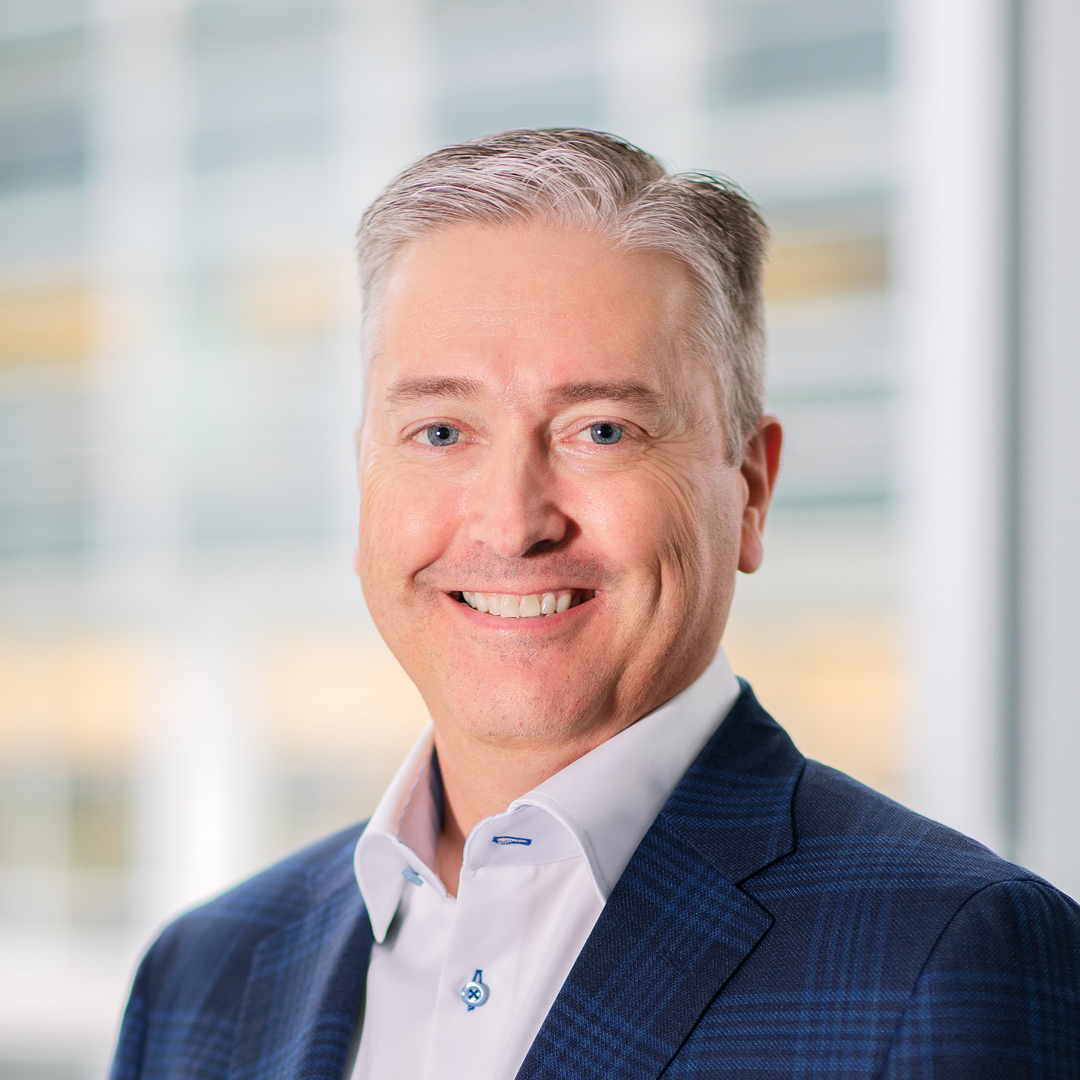|
Getting your Trinity Audio player ready...
|
“When I think of climate change, I think . . . of jobs,” President Joe Biden said on January 27, 2021, regarding his administration’s approach to combating global warming. Addressing climate change–related problems, he indicated, also results in economic prosperity.
Case in point: Sunrun.
As the nation’s leading provider and installer of residential solar panels and solar-powered batteries, the San Francisco-based home energy company is driven by a mission to create a planet “run by the sun.” And in July 2020, that mission got a little bit closer to becoming a reality when the company acquired one of its largest competitors, Vivint Solar.
“At the beginning of the year, we had a market cap of around $1.7 billion, with around 4,800 employees,” says Sunrun Deputy General Counsel and Assistant Secretary Sundance Banks, who was the lead corporate attorney on the acquisition. “At the end of the year, we had a market cap of approximately $14 billion, and we had more than eight thousand employees. It was the biggest transaction of the company’s history, and it happened during the worst pandemic in a hundred years.”
If Sunrun’s growth seems rather sudden, that’s because it has to be, given the rapid warming of the planet.
“What climate change demands is action now,” Banks says. “Clean energy now.”
But he also recognizes that, historically, many Americans have been reluctant to accept the threat posed by climate change—an overwhelming, complex force that isn’t always visible in its effects, depending on where one lives. Banks recalls a jolting moment in his own life back in 2015 when he realized the profound—and universal—nature of the problem.
“My daughter was a toddler, and I had started reading how the Pentagon was referring to climate change as a ‘threat multiplier,’” Banks remembers. “It just makes every bad problem worse. For instance, before the Syrian civil war broke out, Syria was experiencing its worst drought in hundreds and hundreds of years. It just decimated farming and the countryside, and as a result, all those farming communities had to move into cities and were suddenly competing for a sparse number of jobs.
“Then it started turning into conflicts,” he continues. “Climate change didn’t make any one person fire a gun, but it did set up a course of events that led to one of the most deadly and complex conflicts in the last fifty years. It has impact wherever you live in this world.”
Today, there seems to be a wider acceptance of both the dangers posed by climate change and the dire need to do something about it. According to the Peoples’ Climate Vote—a survey conducted by the United Nations on 1.2 million people in fifty countries and seventeen languages—two-thirds of the global population now considers climate change an emergency.
Sunrun’s industry has followed suit. A report from the climate-focused think tank Ember found that wind and solar energy are steadily replacing coal generation, which dropped by 8.3 percent in the first half of 2020 alone. To put it more bluntly, renewables are the fastest-growing energy source in the United States.
For Sunrun’s part, the Vivint Solar acquisition meant leveraging both companies’ combined manpower in time for California’s wildfire season, which has only become more hazardous as a result of climate change. Further complicating matters are the intentional blackouts initiated by power companies to avoid sparking any flames.
“As a California resident, blackouts have become a normal part of life,” Banks explains. “But our customers who have solar and storage are able to keep their lights on. During an outage, they use the solar energy stored in their battery during the evening hours, then charge it back up with solar during the day.”
Banks’s passion for the fight against climate change extends to his volunteer work outside Sunrun. Since 2019, he has been a group leader of the San Mateo county chapter of the Citizens’ Climate Lobby, a nonprofit, nonpartisan advocacy organization with a network of volunteers working to create bipartisan climate solutions. Banks says that the organization’s biggest goal at the moment is to put a federal price on carbon.
“Right now, you have all these carbon emissions that are causing more warming, and they are all going unpriced,” he says. “But if you make these emissions proportionally more expensive at the wellhead or at the mineshaft, then people making pocketbook decisions will start choosing the cleaner option. That lets the market do a lot of the work for you. What Citizens’ Climate Lobby is lobbying for is to take the money raised from pricing carbon, and, instead of just making the government bigger, give it back to families in an equal monthly carbon dividends check. It’s one of the leading bipartisan climate policies in Congress.”
While Banks recognizes that there’s still a lot of work to do to prevent the planet from warming to disastrous levels, he’s inspired by the passion and lobbying skills he sees demonstrated by the ordinary citizens volunteering through the nonprofit—and, of course, the work of Sunrun and the renewables industry as a whole.
“The technology exists,” he says. “Rooftop solar alone could meet 40 percent of total US electricity demand. I have full confidence that we’re going to completely transfer from fossil fuels to clean energy. The question is when. It’s a scary but exciting time.”
***
Axinn:
“Working with Sundance is a pleasure. He is committed to Sunrun’s mission and leads with enthusiasm. It is a privilege to partner with him as Sunrun works to create a planet run by the sun.”
–Jeny Maier, Partner

